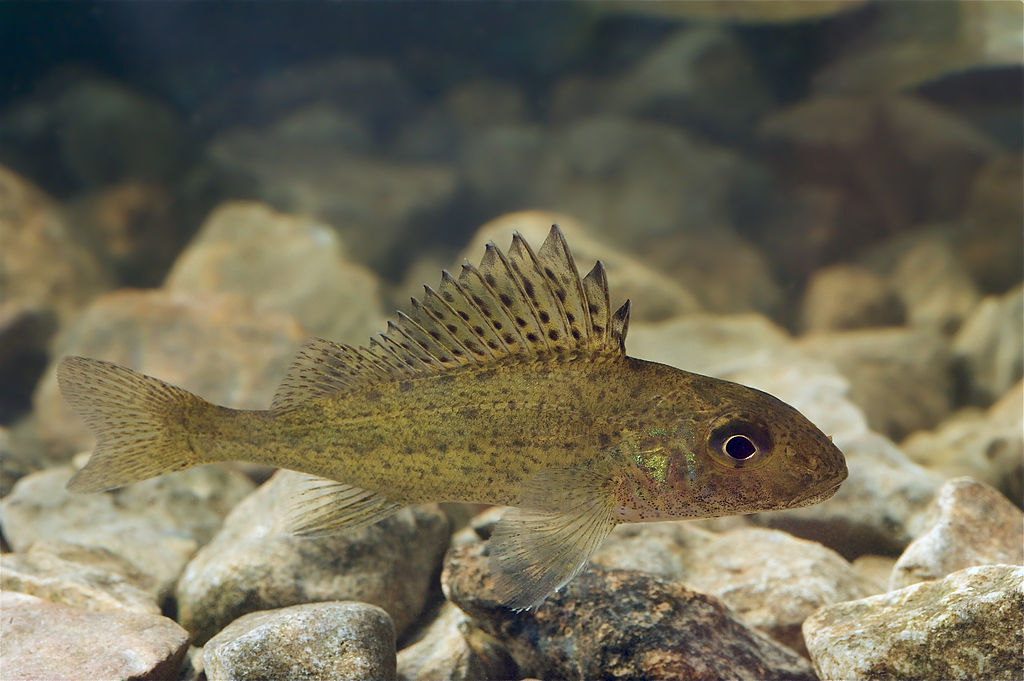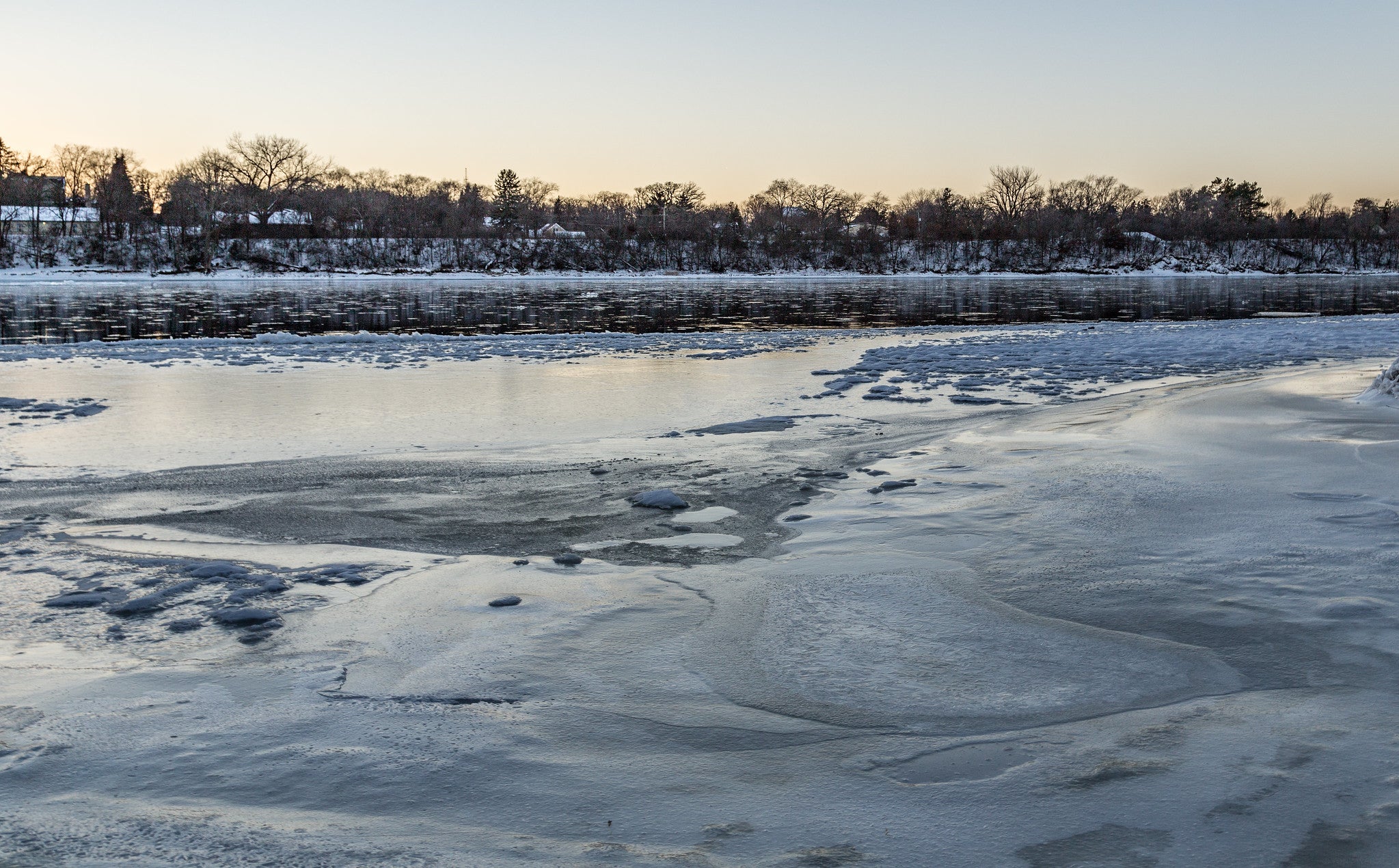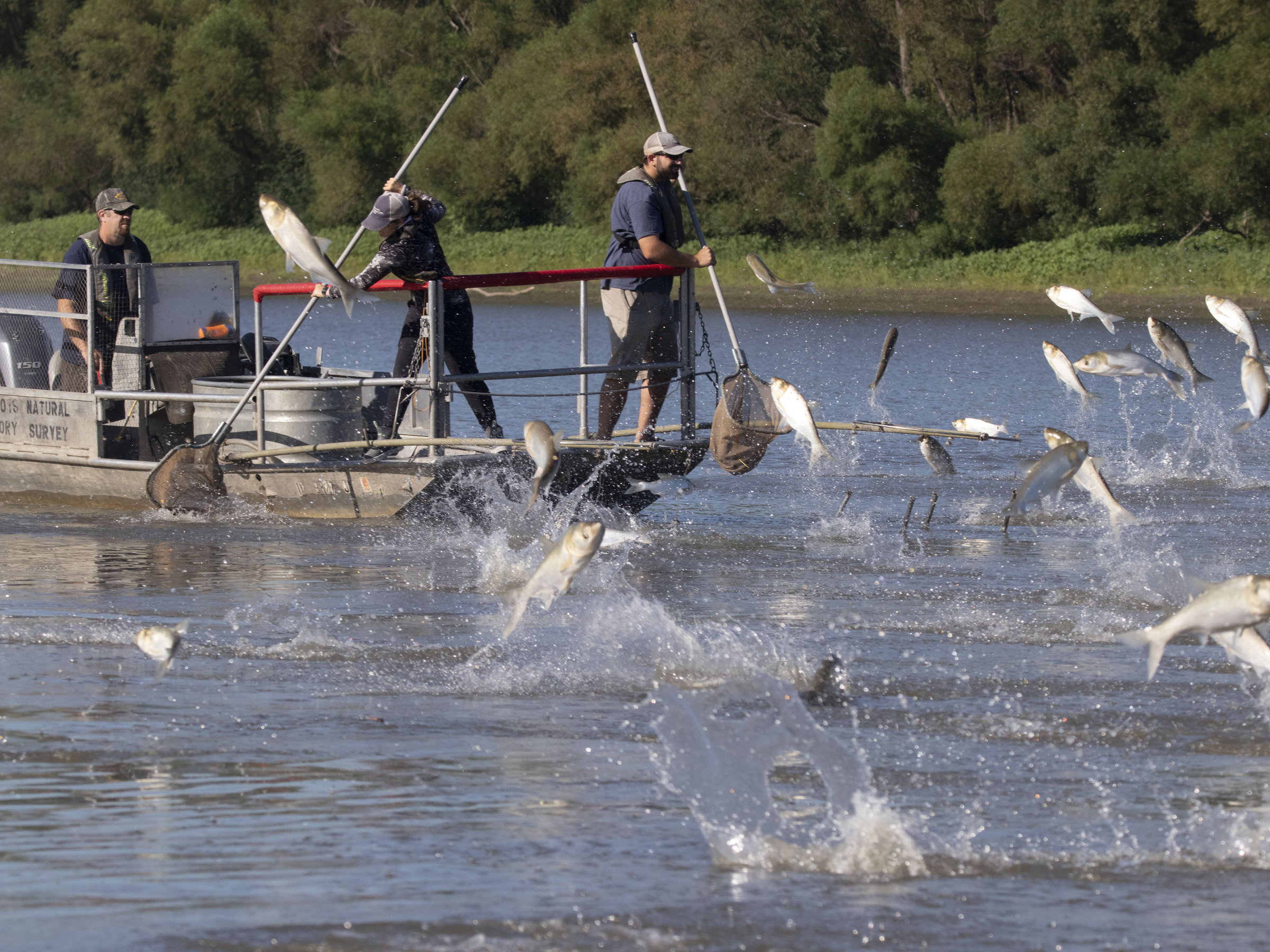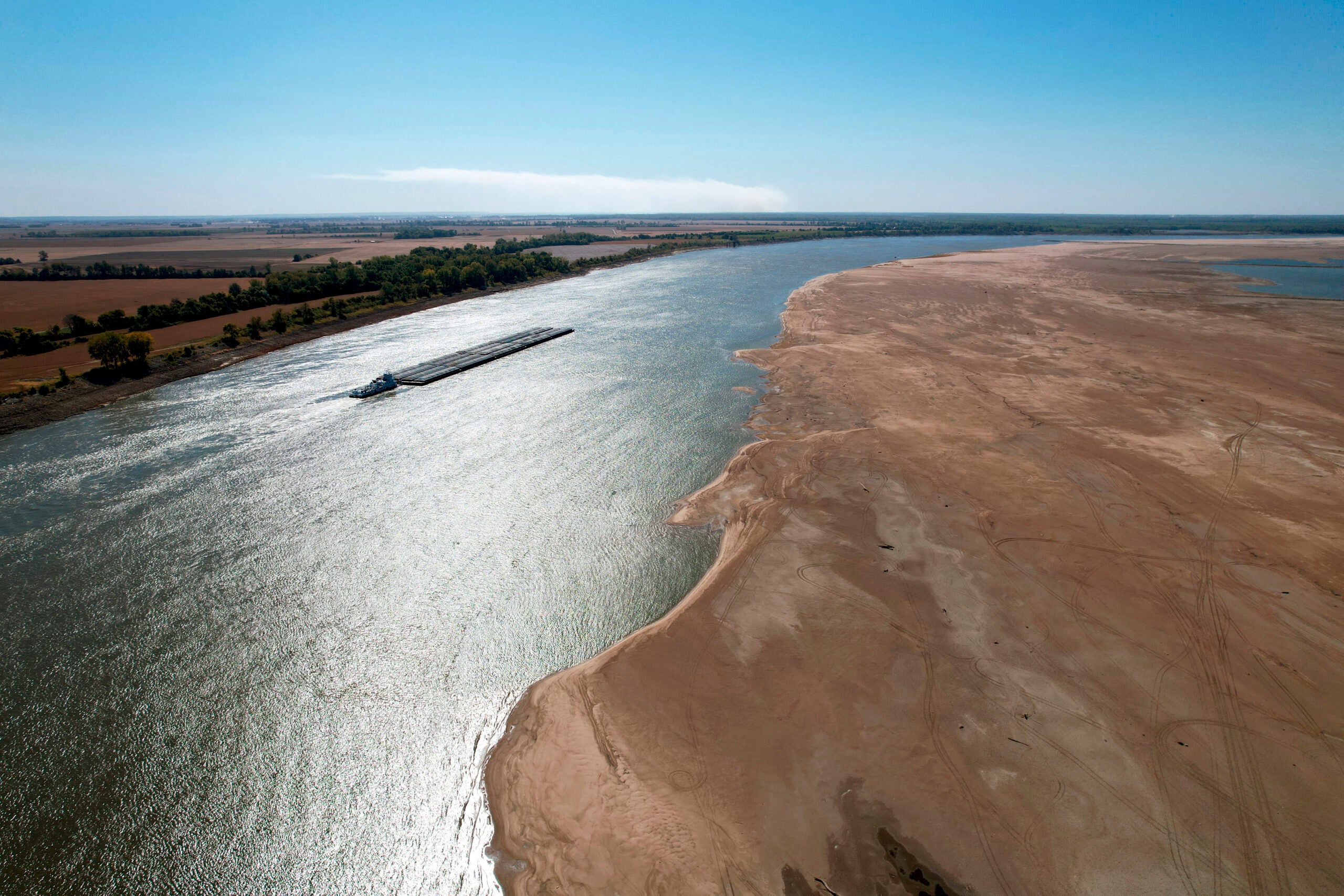Some Minnesotans calling for a closure of Chicago’s shipping canals linking Lake Michigan and the Mississippi River said they’re not that worried about Asian carp, but rather about invasive species from the Great Lakes getting into the river.
The U.S. Army Corps of Engineers is holding meetings throughout the Great Lakes and Mississippi River basins to get public comment on eight different options to stop invasive species from moving between the two bodies of water. In cities near the Great Lakes, most comments mention Asian carp getting into the lakes.
Steve Chaplain, of Roseville, Minn., however, said he’s worried about invasive species from the Great Lakes getting into the Mississippi. He said whatever option the Corps picks, it has to physically block access between the basins and needs to be in place fast.
Stay informed on the latest news
Sign up for WPR’s email newsletter.
“It must stop species moving in both directions and it must begin to reduce the impact as soon as possible,” Chaplain said. “We agree that it needs to happen in the short term: the next two to four years.”
The options to keep invasive species from crossing over range from electric barriers — already in place — to physically separating the basins.
Most at Monday’s meeting in St. Paul, Minn., favored physical separation, which the Corps officials said would cost more than $15 billion and take 25 years to complete.
Doing that, however, would have a big impact on commerce. Lee Nelson, who owns a barge company based in St. Paul called Upper River Services, said closing the link would hurt interstate trade.
“It is the inland waterway navigation system. So, this is breaking apart a system,” Nelson said. “As such, does it have an impact? It certainly does.”
Two more public hearings will be held this month in St. Louis and New Orleans. After that, it will be up to Congress to make the next move.
Wisconsin Public Radio, © Copyright 2024, Board of Regents of the University of Wisconsin System and Wisconsin Educational Communications Board.




